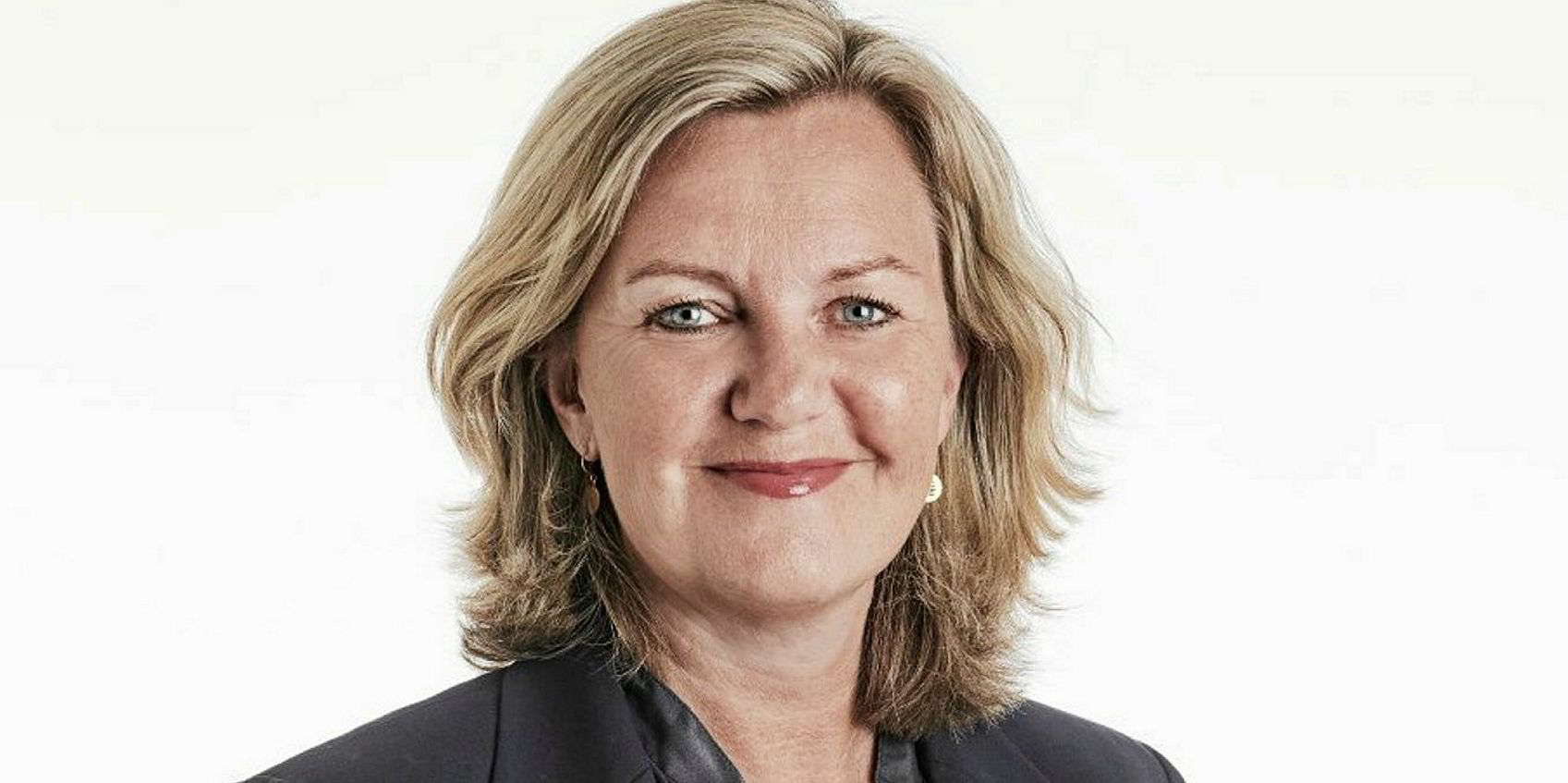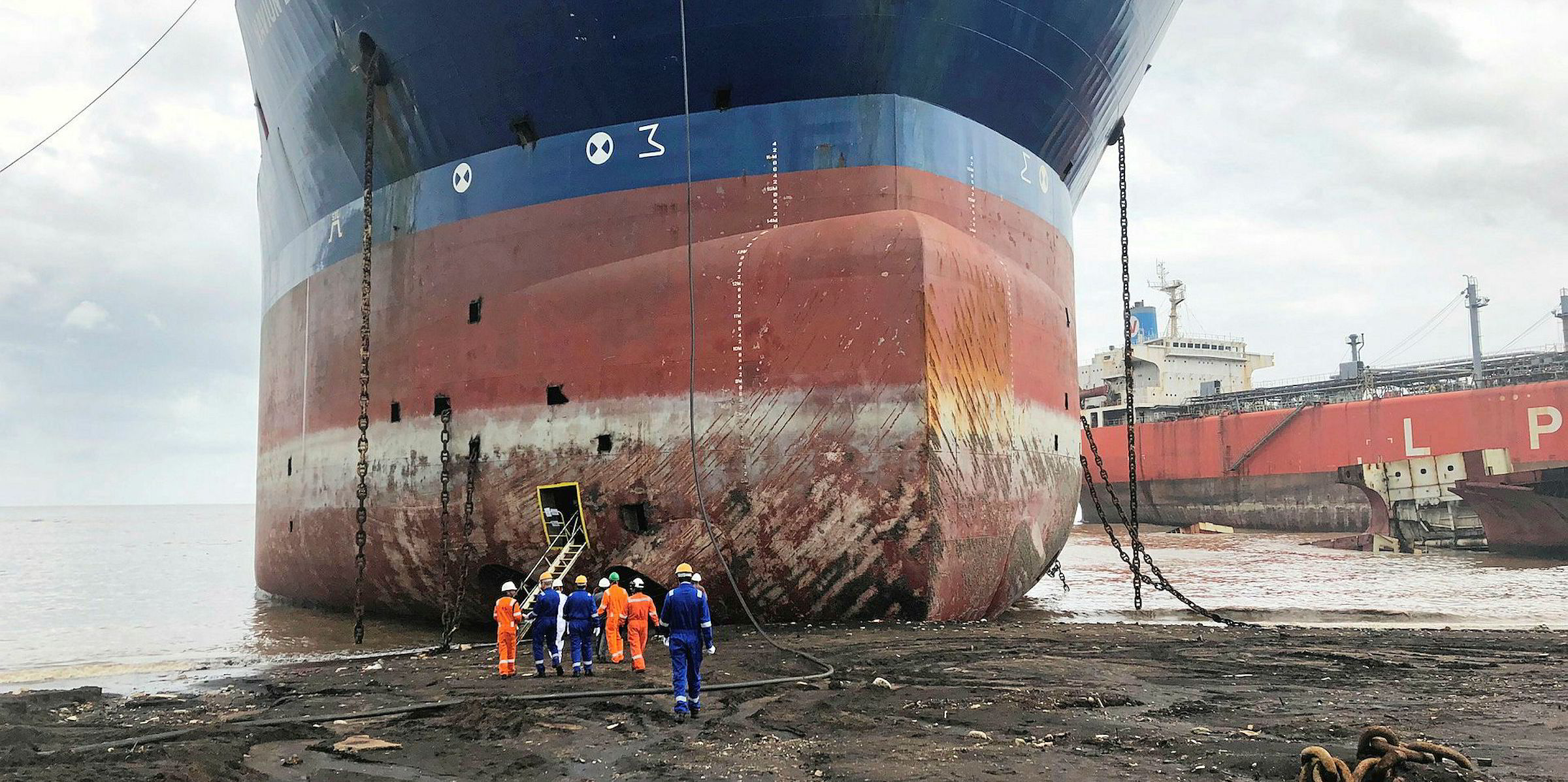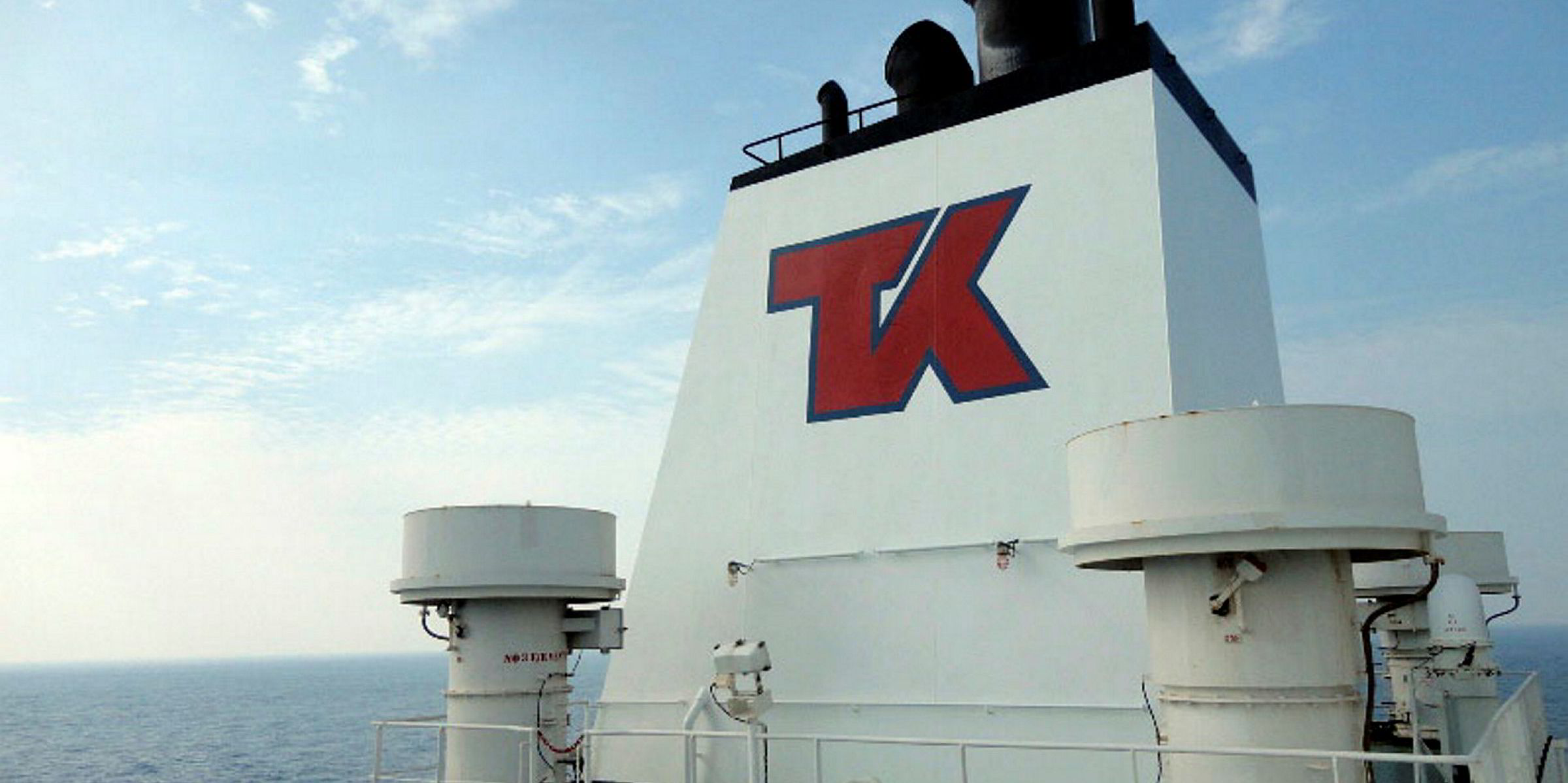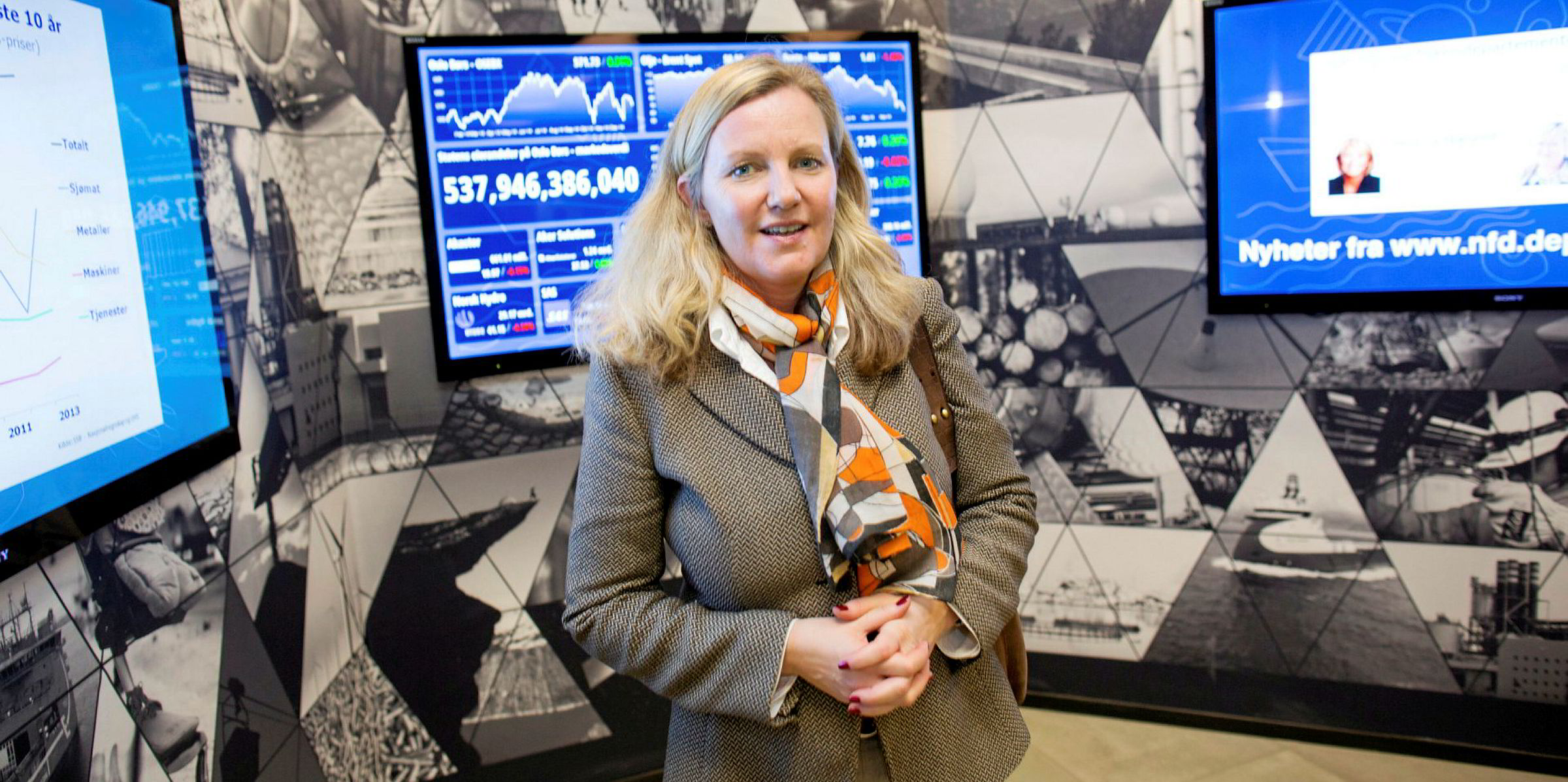This week's police raid on the offices of Teekay Offshore by the Norway's economic and environmental crime unit, OKOKRIM, over the scrapping of a shuttle tanker came completely out of the blue, says the company's chief executive officer, Ingvild Saether.
But it will send shudders through shipowners and operators in Scandinavia and Europe as it reflects the increased attention authorities are showing in shipping's environmental performance.
In particular, ship scrapping — especially where vessels are broken on beaches and open plots in south-east Asia — remains a high-profile and potent issue for politicians and the public.
The Norwegian authorities are investigating whether environmental waste export rules were violated when the 124,000-dwt shuttle tanker Navion Britannia (built 1998) was scrapped on a beach in India in 2018.
But Saether says she is confident the company has done no wrong. "We have nothing to be ashamed over and are happy to put all facts on the table," she said.
And she stresses that the rules for ship recycling are extremely complicated.
"We have stronger standards than what is demanded in the Hong Kong convention," she added.
Ironically, Saether just a week ago launched an attack on her own business and the oil business’ lack of action to mitigate climate change.
In 2018, Teekay Offshore sold the Navion Britannia — then flagged in Panama — for demolition at RL Kalthia Shipbreaking in Alang.
Hong Kong-certified
While still using beaching, RL Kalthia was one of the first Indian shipbreakers certified under the IMO’s Hong Kong International Convention for the Safe and Environmentally Sound Recycling of Ships. The convention demands yards employ reasonable standards, including hard standing for the cutting work and safety provisions for workers.
However, while the Hong Kong convention is widely regarded as a scrapping benchmark within the shipping industry, it remains far from entry into force due to lack of nations signing.
While the Hong Kong convention is widely regarded as a scrapping benchmark within the shipping industry, it remains far from entry into force due to lack of government signatories.
Trond Lillestolen
Its standards also fall short of those mandated in some other territories, such as the European ship recycling regulation, and it does not cover national rules on the export of industrial waste.
The probe launched by OKOKRIM, officially Norway’s National Authority for Investigation and Prosecution of Economic and Environmental Crime, is only an early stage, and it will not automatically lead to a penalty against the company.
In fact, OKOKRIM has a tarnished reputation within Norway for past failures.
Five years ago, John Fredriksen’s newly appointed righthand man, Jo Lunder, was arrested at Oslo Gardermoen’s airport on a flight from London on charges of corruption from OKOKRIM concerning his former job at Vimpelcom’s operations in Uzbekistan.
Two years later, the Norwegian authorities dropped the case against Lunder. Now the former Fredriksen director is preparing a large compensation claim against the Norwegian state.







